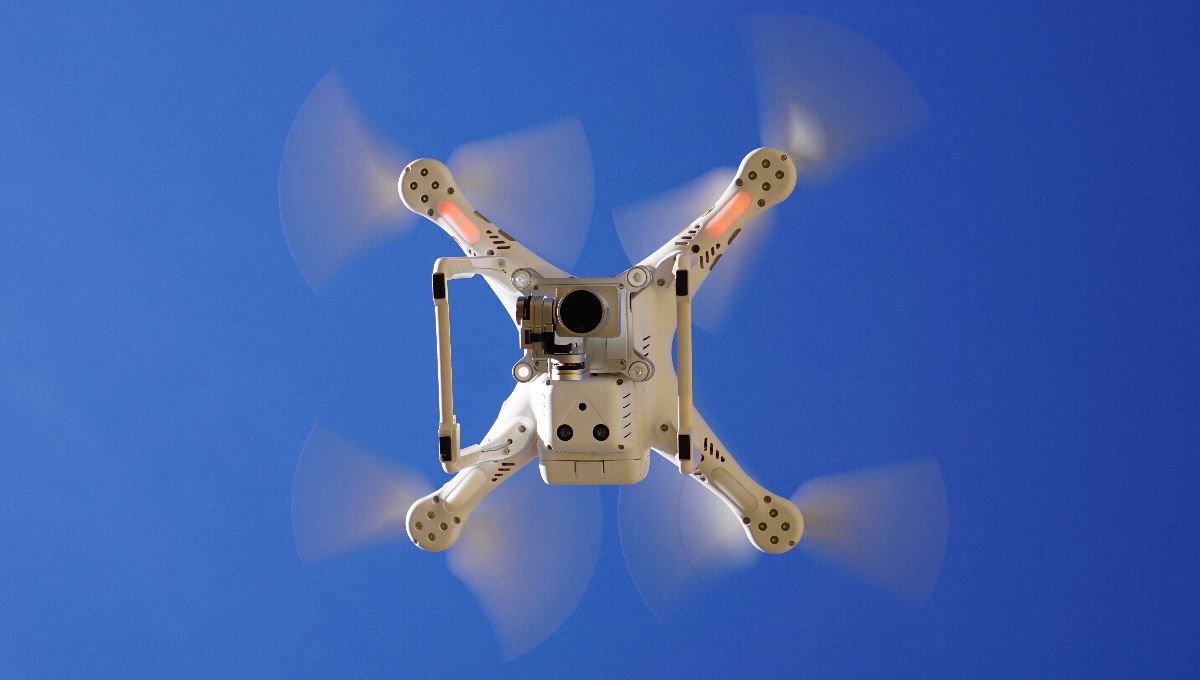As laws and regulations in the United States around operating drones continue to evolve, similar rules are becoming stricter in the United Kingdom.
Late November 2017, Aviation Minister Baroness Sugg presented a draft of a Drone Bill to publish in Spring 2018. This bill includes different measures, with one of them giving police departments more power over drone pilots, to prevent the unsafe or criminal use of drones. The intent is “to ensure the UK remains at the forefront of the exciting and fast-growing drones market, while putting the correct legislative framework in place to guarantee it is also safe and secure”.
The new measures provide Police officers with the right to order pilots to ground their drones where necessary, and to seize drone parts to prove the drone was used to commit an offense. Additionally, the Drone Bill makes it mandatory for drone owners to register to improve accountability, and use drone apps, so they can access the information needed to make sure any planned flight is safe and legal.
National Police Chiefs’ Council Lead for Criminal Misuse of Drones, Assistant Chief Constable Serena Kennedy said: “Police forces are aware of the ever-increasing use of drones by members of the public and we are working with all relevant partners to understand the threats that this new technology can pose when used irresponsibly or illegally. Do not take this lightly – if you use a drone to invade people’s privacy or engage in disruptive behavior, you could face serious criminal charges.”
Moreover, the government is also reviewing the possibility to prohibit drone flights above 400 feet, as well as near airports.
“Drones have great potential and we want to do everything possible to harness the benefits of this technology as it develops”, said Baroness Sugg, “But if we are to realise the full potential of this incredibly exciting technology, we have to take steps to stop illegal use of these devices and address safety and privacy concerns. These new laws strike a balance, to allow the vast majority of drone users to continue flying safely and responsibly, while also paving the way for drone technology to revolutionize businesses and public services.”

The UK government is also working closely with drone manufacturers on Project Chatham, to improve geo-fencing and restrict drones from entering into ‘no-fly zones’.
Last month, we talked about President Trump’s signed memorandum directing federal officials to work with state and local governments to establish designated testing zones for the use of unmanned drones. This is part of the Department of Transportation (DOT) new Drone Integration Pilot Program, focused on accelerating the safe integration of drones into the US airspace by creating new partnerships between local governments, the FAA, and private drone operators.
But what do drone experts think about all these laws and regulations? Dor Abuhasira, CEO and Co-founder of Percepto, provided us with his opinion on the matter:
“Drone regulations are a hot topic these days as hundreds of companies are completing applications for the Trump administration’s pilot program to test expanded drone use. The pilot program has great potential in promoting drones for commercial use and we are optimistic that this initiative will lead to unlocking the full potential of this technology by easing regulations. To allow the industry to break out from the testing field into real world operations, approval processes within the FAA would have to be eased as they are currently blocking dozens of companies wishing to adopt advanced drone technologies. The main issue that is causing this delay is that flying Beyond Visual Line Of Sight (BVLOS), allowing commercial drones to fly out of sight of operators, isn’t currently easily allowed”
On the other hand, Abuhasira thinks “the recent ‘Drone Bill’ proposed in the UK is raising questions as to the future of drone regulations and the uses of advanced drones for commercial and industrial operations. The UK is largely concerned with safety and privacy issues and is drawing clear lines to ensure these protections. Having said that, it seems that the talking points around the bill avoid addressing the complexity of the advanced drone technology landscape and doesn’t address the many UK industries seeking to adopt it for their businesses. To solve this issue a much more bold and robust bill is required.”















Comments